The COVID-19 Pandemic shook the U.S. (and the world for that matter) to its core. The nearly overnight switch from working in public spaces turned on a dime to a work-from-home environment. This move left commercial office spaces empty or almost empty.
We took a look at the impact and made forecasts on the residential sector last month.
What will the new normal look like after vaccinations are well underway and people can return to the office environment? Here is my 2021 commercial market forecast.
Experts say that things may be very different from life before 2020, especially regarding downtown offices, hotels, and stores. Today, commercial building owners are working hard to develop safe new Indoor Air Quality (IAQ) strategies. This is so they can lure wary, remote workers back into office buildings.

Fact: many businesses see remote workers as a financial boon. But building owners see them as a threat to the office market. For example, online meeting platforms can interfere with recovery in business travel. Also, retail management says that after a year of shopping from home, consumers favor that approach over heading out to their local shopping centers and malls.
In December 2020, Pew Research Center conducted a survey (ncilink.com/2020PEW) about returning to the workplace. They found that 64% of people say they would feel uncomfortable returning, with 31% feeling very uncomfortable. Being exposed to the coronavirus was a significant concern for 57% of respondents.
So building owners need to focus on changing those concerns by working to create COVID-safe workspaces. But what if building owners don’t do this?
Empty Building Syndrome
In October 2020, Politico magazine ran an article on how all the empty commercial and retail buildings could lead to another economic crisis. In their commercial market forecast they said the following:
‘The longer the pandemic paralyzes hotels, retailers, and office buildings, the more difficult it is for property owners to meet their mortgage payments ‘ raising the specter of widespread downgrades, defaults, and eventual foreclosures,’ writes Katy O’Donnell (ncilink.com/Odonnell).
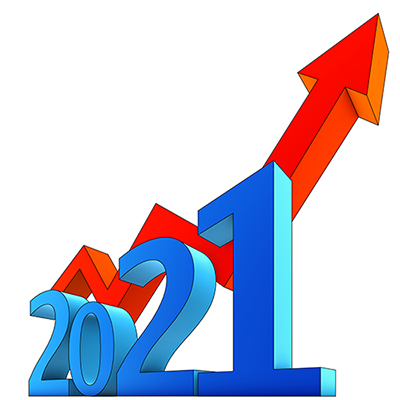
Another impact from a more permanent work-from-home scenario includes declines in public and private pensions.
Say what? The issue is that most public and private pensions are heavily invested in commercial real estate. If workers fail to return to the office environment, real estate values decline, and that will negatively impact pensions. Declining pensions will hurt a lot of Americans, not just the wealthy.
Furthermore, apartment buildings, which have been an economic bright spot, could change drastically. O’Donnell points out this could change if unemployed people cannot get jobs and have to depend on future Federal COVID relief packages. Without this help, more renters will begin missing rent payments.
Now For Some Good Forecast News
It seems that many building owners and managers are preparing for a ‘re-occupancy’ of commercial and retail real estate. Their efforts focus on redesigning space for social distancing. They want to create indoor environments that should help workers feel safe returning to said buildings.
Others are re-purposing their properties to replace tenants who either went out of business or decided to continue as virtual entities.
Click Below for the Next Page:


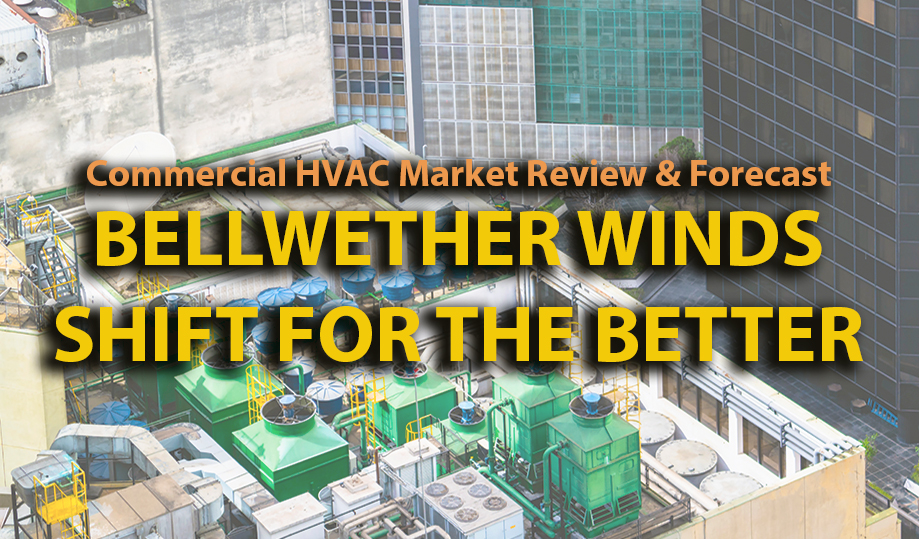
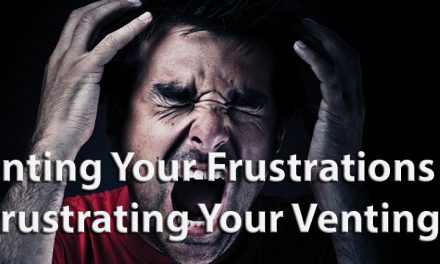
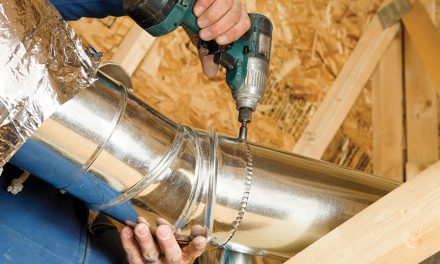
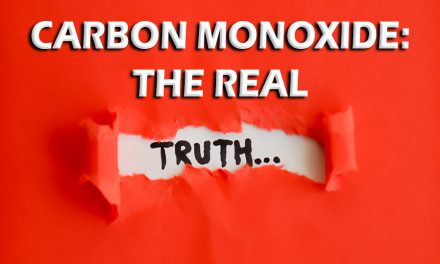







Recent Comments